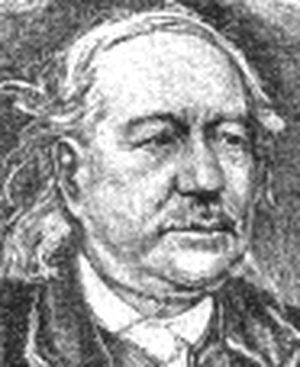Charles Sauria - Inventor of Phosphorus-based Match
Charles Sauria was a French chemist that is remembered today as a creator of influential phosphorus-based matches in 1830–1831. Even though his white phosphorus matches were dangerous (and very poisonous) and eventually banned from widespread use, their popularization paved the way for other inventors to create less toxic solutions.
Charles was born on April 25 1812 in Poligny, as a son of a famous officer of the First Republic General Sauria. His family intended to Charles to become man of a military, but early boyhood accident deprived him of the full use of his limbs. Seeing his proficiency with mechanics and chemistry, he focused himself on science, engineering and inventions.

The most important moment of his life came in 1830, when he was student at the famous College de L’Arc at Dole. During that time he saw the experiment made by his Chemistry professor M. Nicolet in which he showed to the class violent reaction between mixture of chloride of potash and sulfur in a mortar. Seeing the potential of this explosive substance, he went to his college room and started experimenting and seeking the way to create something useful from it. His biographer later on wrote that during this period of his life, experiment that were conducted in his room often lead to serious accidents, explosions and destruction of scientific equipment. At one time, often burnt Sauria managed to create large “volcano” of boiling substances that almost covered entire room.
Seeing the successful examples of matches made by British chemist John Walker and the hydrogen lighter introduced made by Joseph Louis Gay-Lussac, Sauria finally managed to create stabile mixture of white phosphorus matches that could be ignited by even slight friction with other objects. Because of their small size, ease to use and lack of hard sulfur gases, white phosphorus-based matches soon became hit all across the world. Sadly, Sauria never managed to secure patent on his discovery because lack of funds.
Charles Sauria died 22 August 1895 in Saint-Lothain, France as a poor man, at the moment when annual worldwide production of white phosphorus matches reached 3 trillion. This popularity later on received much resistance from population and governments, who saw firsthand negative effects of the toxic white phosphorus. Finally in 1906, international Berne Convention banned the worldwide use of white phosphorus matches.
